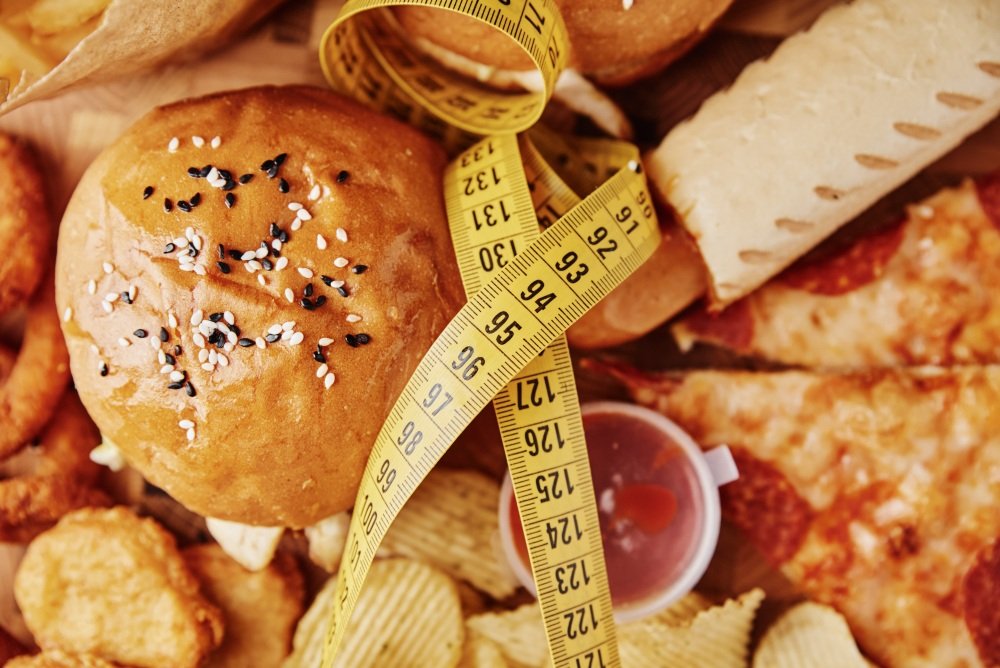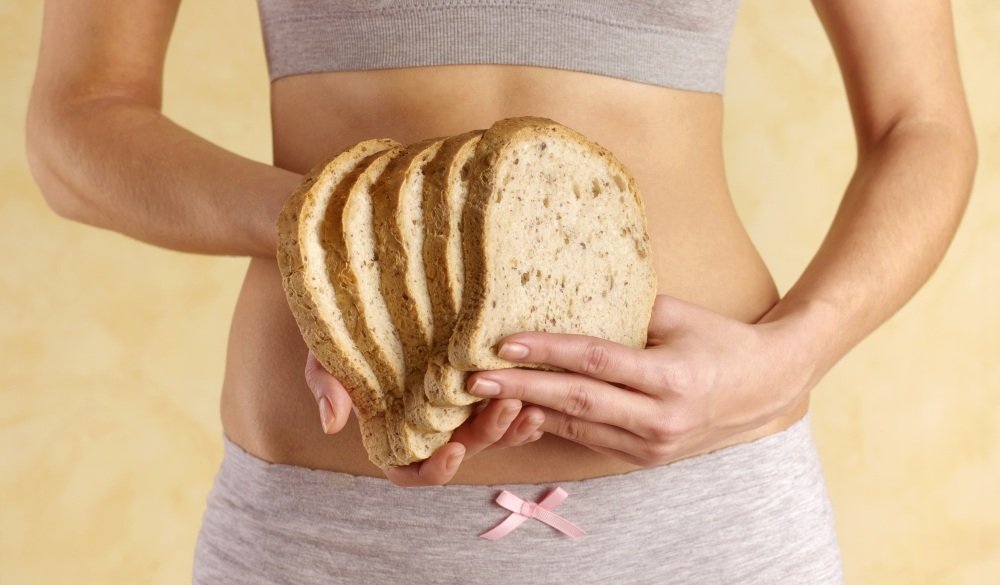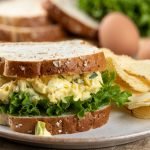In the age of social media and endless health advice, it’s easy to fall for food myths that can actually harm your diet or lifestyle. Here are some common misconceptions you should stop believing.
Myth 1: Carbs Make You Fat
Carbohydrates have gotten a bad reputation, but they are an essential source of energy. The key is choosing complex carbs like whole grains, vegetables, and fruits, rather than processed sugars. Cutting carbs entirely can leave you tired, irritable, and nutrient-deficient.

Myth 2: Eating Fat Makes You Fat
Healthy fats, such as those found in avocado, nuts, olive oil, and fatty fish, are vital for your body. They support brain function, hormone production, and nutrient absorption. Avoid trans fats and excessive fried foods, but don’t fear all fats.

Myth 3: Skipping Meals Helps You Lose Weight
Skipping meals can backfire by slowing your metabolism and increasing cravings. Eating regular, balanced meals helps regulate blood sugar, prevent overeating, and maintain energy levels.

Myth 4: Detox Diets Cleanse Your Body
Your liver and kidneys are natural detoxifiers. Extreme detox diets or cleanses often deprive your body of essential nutrients and can even be harmful. Focus on a balanced diet with plenty of water, fiber, and antioxidants instead.

Myth 5: Natural Sugars Are Harmless
Just because sugar comes from fruit or honey doesn’t mean it’s unlimitedly healthy. Excess sugar, even from natural sources, can contribute to weight gain, insulin spikes, and tooth decay. Moderation is key.

Myth 6: Eating Late at Night Makes You Gain Weight
Weight gain depends more on total calories and nutrient quality than the time of day you eat. Eating a balanced dinner or a healthy snack before bed doesn’t automatically cause weight gain. What matters is overall diet and lifestyle.

Myth 7: Gluten-Free Is Healthier for Everyone
Gluten-free products are essential for people with celiac disease or gluten sensitivity, but they are not inherently healthier. Many gluten-free packaged foods are high in sugar and fat, so it’s important to read labels carefully.

Myth 8: Supplements Can Replace Real Food
Vitamins and minerals are important, but they cannot substitute for the nutrients, fiber, and antioxidants found in whole foods. Over-relying on supplements can create false security while missing out on the benefits of real food.

Don’t believe everything you read online or hear from friends. Understanding nutrition basics and focusing on whole, unprocessed foods is the best way to make healthy choices without falling for myths. Listen to your body, question extreme claims, and prioritize balanced meals over trendy fads.








